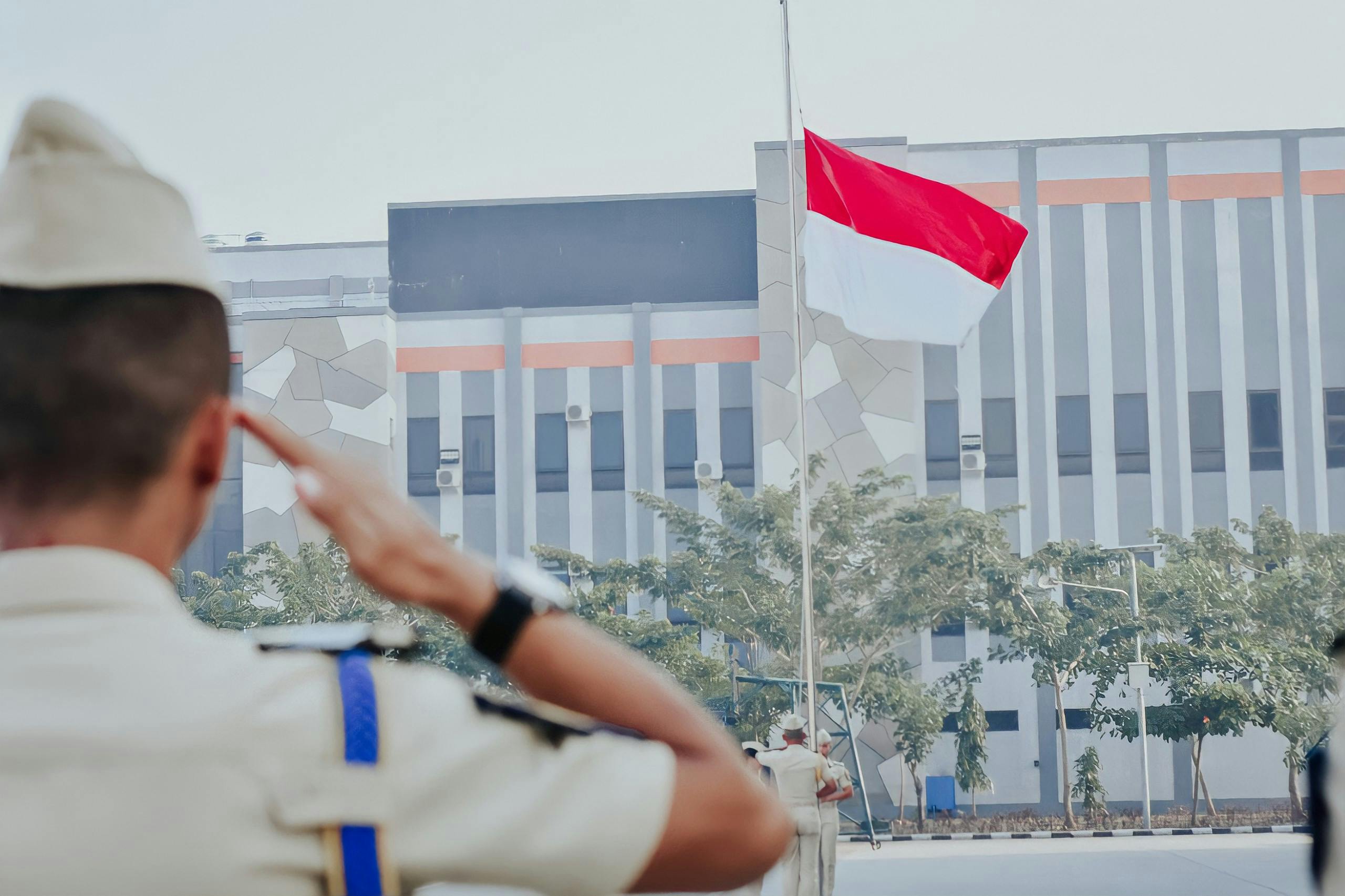Power Shift: The Generals Gaining Ground In Jakarta

When Prabowo Subianto transitioned from a retired general to Indonesia’s president, few doubted his administration would remain free from military influence. Yet, the extent and speed of military figures reclaiming influence in Indonesia's political scene have caught both local and international observers by surprise, prompting uncomfortable comparisons with the Suharto era.
A Military Presidency: Prabowo’s Path to Power
Prabowo Subianto’s military career is as distinguished as it is controversial. A former commander of the Indonesian Special Forces, Kopassus, he carries a legacy tied to allegations of human rights abuses, notably during the East Timor crisis. His successful presidential campaign strategically leveraged his military past, presenting strength and discipline as solutions to Indonesia's challenges. Since assuming office, Prabowo has surrounded himself with trusted military allies, embedding former generals into crucial administrative and advisory positions.
Key Figures: The Generals Behind the Scenes
Under Prabowo's administration, influential military figures have risen rapidly. Defense Minister Andika Perkasa, a former Army chief of staff known for his assertive style, now spearheads major strategic initiatives. Intelligence and internal security apparatuses have also fallen under the influence of military veterans, solidifying their role in decision-making processes. This core group has significantly shaped policy, often extending their influence beyond national security into broader areas like economics and infrastructure.
Institutional Changes: Military Influence in Civilian Governance
Military presence has notably expanded into traditionally civilian-governed sectors. Recent policies have facilitated active military oversight in economic planning, education, and major infrastructure projects. Critics warn of an erosion of civilian oversight and transparency, fearing a gradual slide toward unchecked military power. Conversely, supporters argue these moves ensure efficiency, discipline, and stability amid Indonesia’s complex governance challenges.
Public Sentiment: Fears and Acceptance
Public opinion regarding this military resurgence remains sharply divided. Many Indonesians harbor deep anxieties rooted in memories of Suharto’s oppressive regime, during which military control suppressed political dissent. Recent opinion polls indicate growing public concern over potential authoritarianism. However, segments of the population also welcome a more disciplined approach, hoping military influence can curb corruption and inefficiency.
Media narratives underscore this tension, balancing warnings of historical authoritarianism against the perception that a firm hand might bring much-needed stability and growth.
International Reactions and Regional Implications
Regionally, neighbors and global powers have expressed caution. ASEAN nations and Australia are closely monitoring the situation, mindful of potential shifts in regional balance. The United States and China, both significant investors and strategic partners, have reacted with pragmatic neutrality, emphasizing stability while quietly expressing concerns over human rights and democratic backsliding. The international community remains watchful, concerned that increased militarization could destabilize Southeast Asia's delicate geopolitical equilibrium.
Future Outlook: Democracy or Autocracy?
Experts remain divided about Indonesia’s political trajectory. Some view this shift as temporary—a product of Prabowo’s personal governance style—anticipating a gradual rebalancing towards civilian control. Others, however, warn that institutionalized military influence might irreversibly undermine democratic checks and balances, pushing Indonesia toward a more autocratic governance model.
Indicators such as media freedom, transparency of governance, and the space for political opposition will be critical in determining the trajectory of Indonesia’s democracy.
Conclusion
As military influence grows under President Prabowo, Indonesia faces fundamental questions about the resilience of its democratic institutions. While the promise of stability appeals to some, the shadow of historical authoritarianism looms large, creating unease domestically and abroad. How Indonesia navigates this power shift will profoundly impact both its future democratic health and regional geopolitical stability.
Author: Ricardo Goulart
The Self-Destructive Nature Of Anti-Tourism Protests: Balancing Resident Concerns With Tourism Benefits
In recent years, anti-tourism protests have become increasingly common across popular tourist destinations. From the Bal... Read more
Military And Strategic Implications Of The Ukrainian Drone Attack In Kursk
On a recent morning, the Kursk region in south-western Russia witnessed an unexpected and significant event: a Ukrainian... Read more
Chinese Tech Stocks Gain Ground Despite Wall Street Technology Sell-Off
Chinese tech shares in Hong Kong gained on Friday, defying a technology stock sell-off on Wall Street, driven by strong ... Read more
Defense Pact Between Britain And Germany: A Focus On Cybersecurity And Joint Operations
In a move set to redefine European defense collaboration, Britain and Germany have signed a comprehensive defense pact a... Read more
US Secret Service Director Steps Down After Trump Assassination Attempt
Security lapses admitted by Kimberly Cheatle prompt resignation.Kimberly Cheatle, the head of the US Secret Service, has... Read more
Kamala Harris Promises A Brighter Future In Official Campaign Launch
In a vibrant and impassioned campaign launch, Vice President Kamala Harris vowed to lead America toward a "brighter futu... Read more

